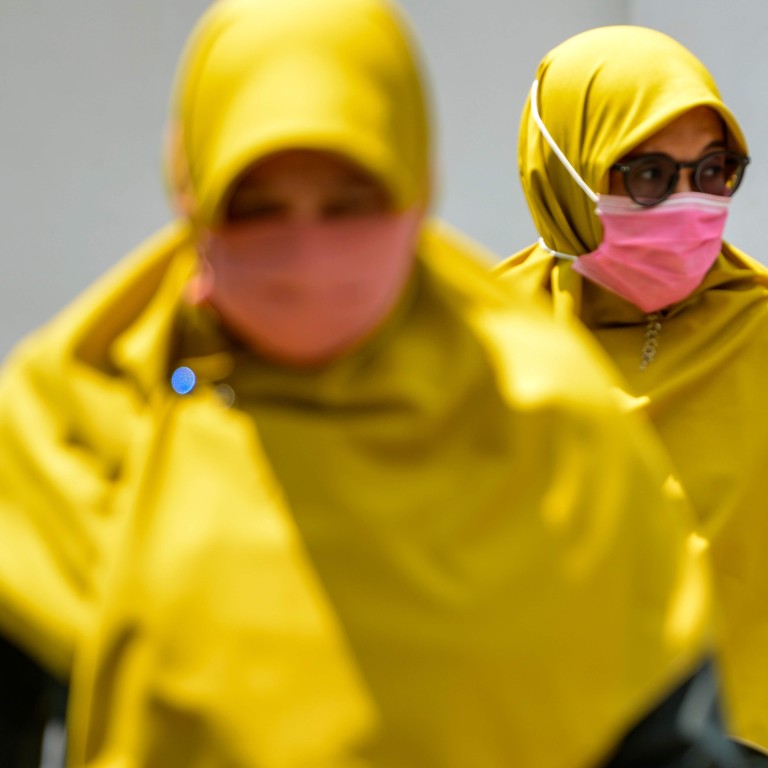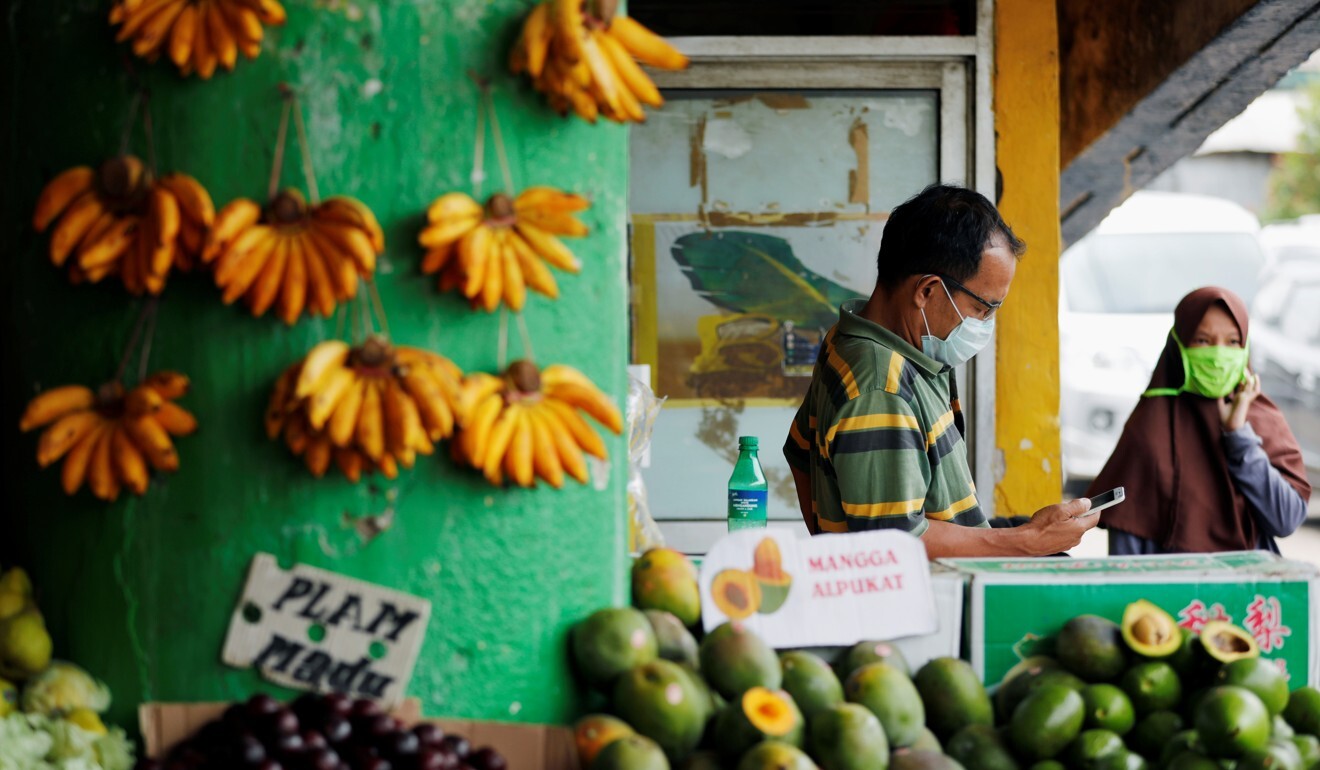
Coronavirus can strengthen China’s ties with Indonesia
- When this pandemic passes, Indonesia will need Chinese investment more than ever
- Even so, Beijing should be wary of taking its foot off its soft-power pedal
Indonesia is struggling with a surge in coronavirus cases, with more than 3,000 infections so far, and has received Chinese donations of medical supplies. China’s new infections have fallen from their peak two months ago, with effortsnow focused on curbing imported cases and preventing asymptomatic ones from causing a new wave of infections.
Covid-19 could live on in Indonesia long after world recovers
When this pandemic passes, and if there are no major shake-ups along the way, we can expect Sino-Indonesian ties to strengthen. For one thing, Indonesia will need China, currently its top investor and top export destination, more than ever.
As the world spirals into a painful downturn fuelled by the closure of businesses and lockdowns to stem the spread of the virus, Indonesia is trying to raise US$62 billion to stop Southeast Asia’s largest economy, which grew 5.1 per cent last year, from entering into recession.
Chinese state-owned and private enterprises have committed investments worth US$14.2 billion to Indonesia, across 23 projects, most of which will develop four regions earmarked by Jakarta as growth areas to boost infrastructure and connectivity across the archipelago of some 17,000 islands.

It also needs to protect its existing investments in the country. One ongoing project, the US$5.5 billion Jakarta-Bandung high-speed rail, has been suspended because Chinese workers have not been able to return. The same also happened to the Morowali Industrial Park which, according to Coordinating Minister for Maritime Affairs Luhut Binsar Panjaitan, has been postponed due to the same reason.
At this juncture, both sides should evaluate what they can do to smooth over the kinks in their relationship. China’s overtures to Indonesia are not without controversy – there are fears that hefty investments will bind Jakarta in a debt trap, leading the government to insist that any Chinese loans under the belt and road framework are between private enterprises. This is to avoid involving Jakarta in the event of any default.
A survey conducted by the Indonesian Survey Institute, which was released in January this year, showed that although Indonesians believe that China is the most influential nation in Asia, this perception is also accompanied by growing negative sentiment, which more than doubled compared with the 2011 poll.
Part of this is due to the anti-Chinese sentiment that continues to brew within the country against the ethnic group, which makes up 4-5 per cent of Indonesians, while the pervasiveness of fake news also makes minorities an easy target.
Coronavirus: Indonesia ferry passengers jump into sea amid infection fears
Yet Chinese investments, which come with strings attached such as jobs for migrant Chinese workers, have also fuelled unease.
While Chinese aid to Indonesia as the country battles the outbreak is much appreciated, it cannot afford to take its foot off the pedal when it comes to soft power and branding efforts. Some of these are expanding academic exchanges, providing scholarships, and holding more cultural events. These would help build bridges of understanding between the two countries. ■
Muhammad Zulfikar Rakhmat is an academic at Universitas Islam Indonesia and a research associate at Jakarta-based Institute for Development of Economics and Finance

